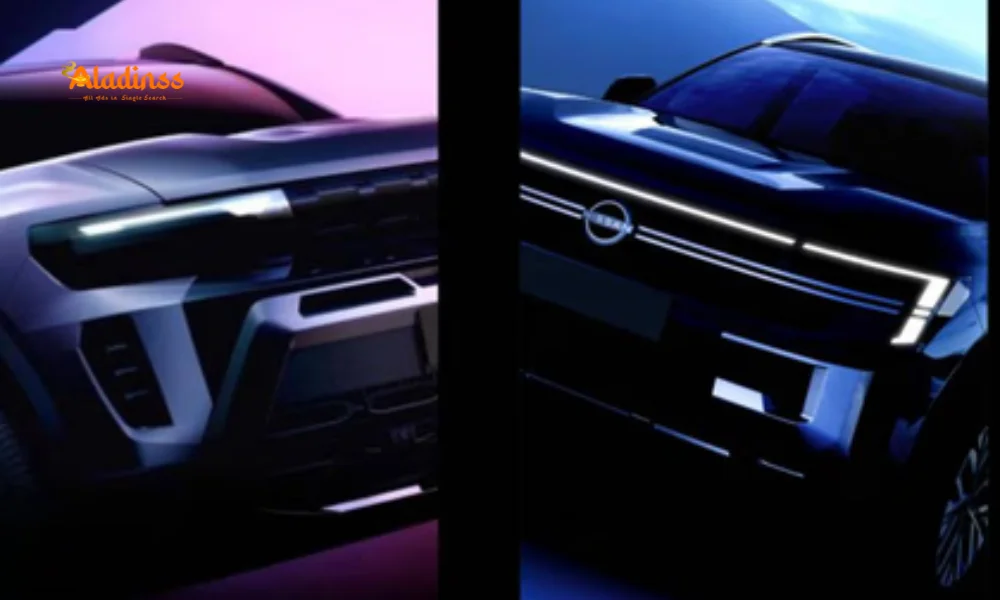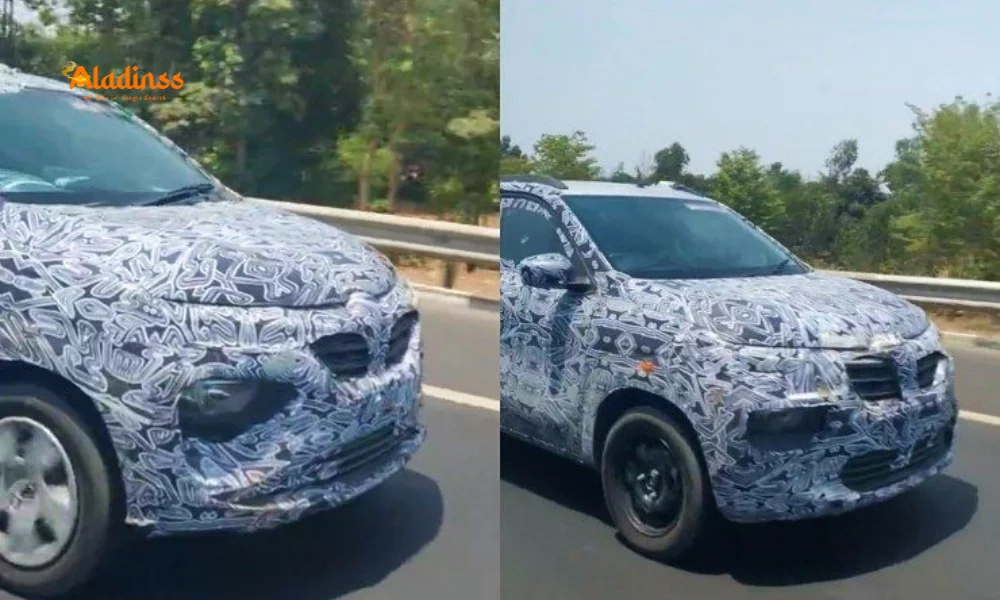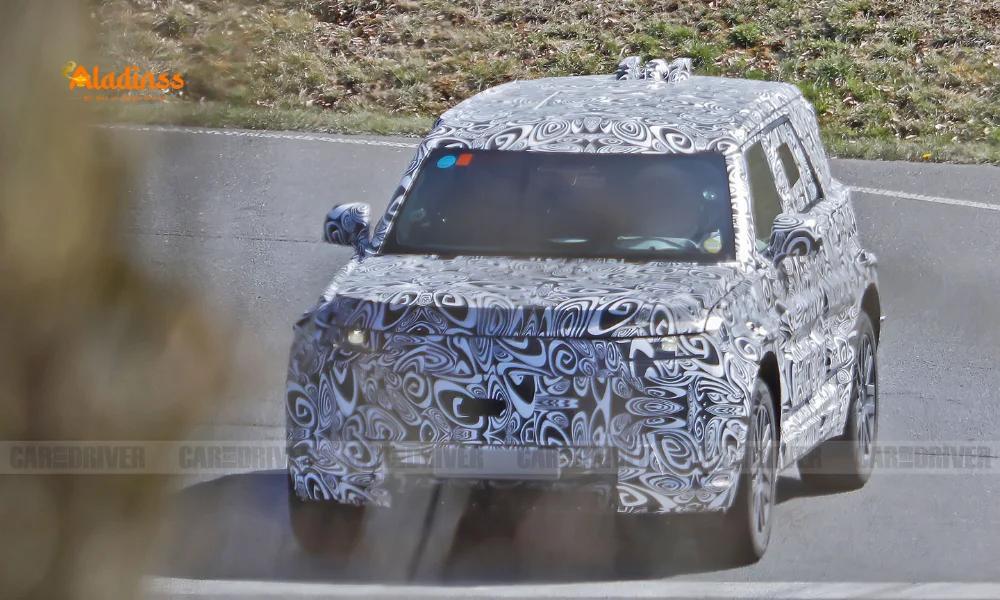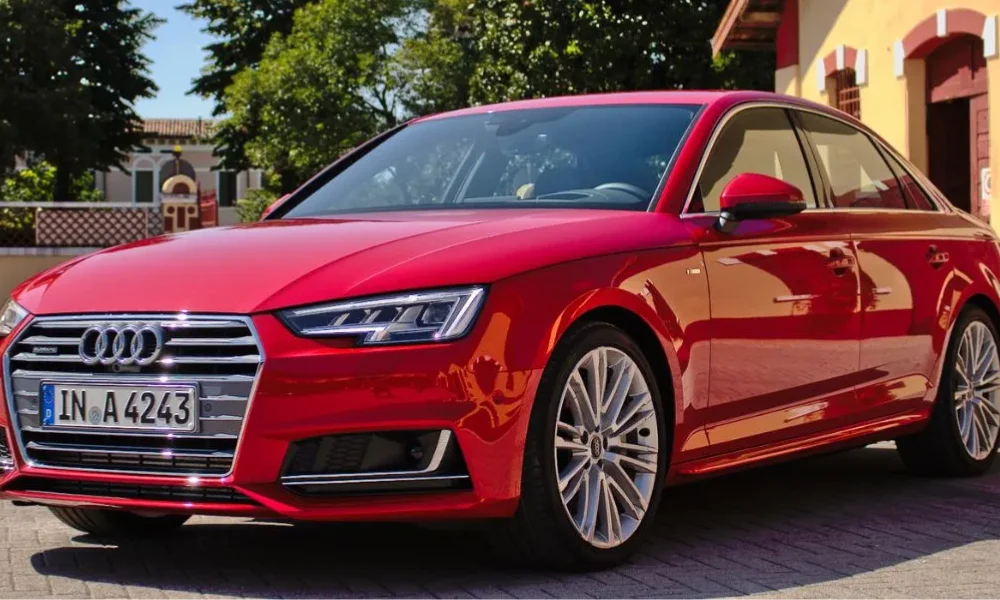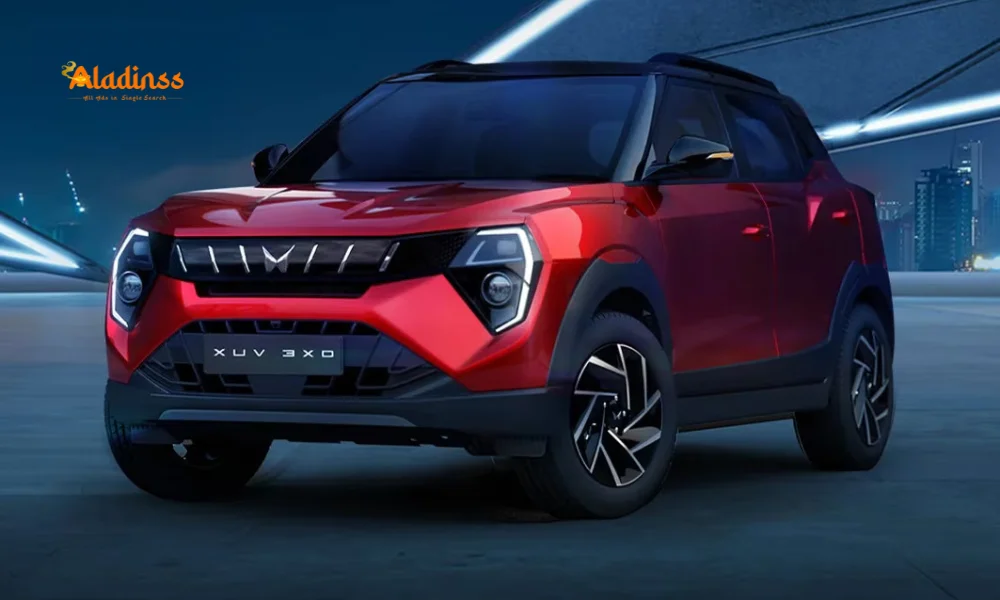Hyundai’s Future Compact EV: Concept THREE IAA Mobility 2025 Unveil
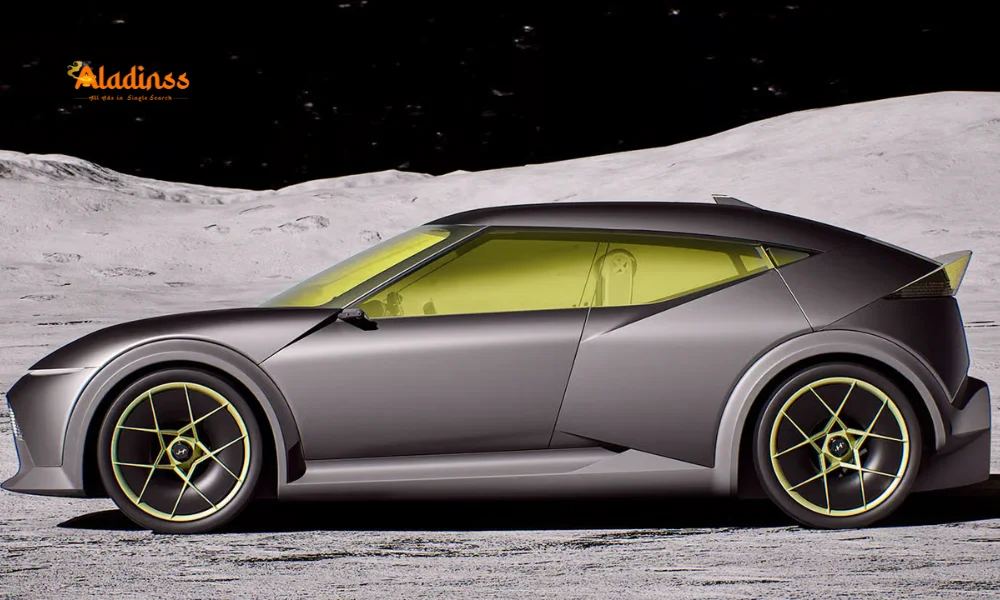
Hyundai’s Future Compact EV: Concept THREE Unveiled at IAA Mobility 2025 Breaking News
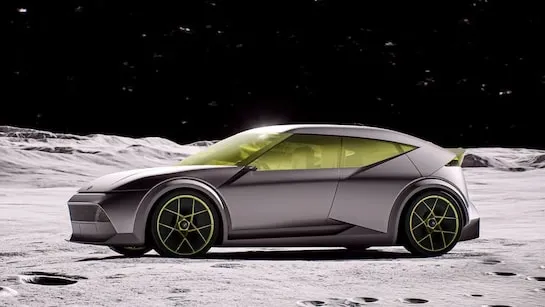
In a major update for the electric vehicle landscape, Hyundai has unveiled its latest compact EV concept, the Concept THREE, at the IAA Mobility 2025 in Munich. This breaking news is generating significant buzz on Google trends with searches for Hyundai Concept THREE EV 2025 and compact electric car launch, while X is trending with hashtags like #HyundaiEV and #IAA2025. As Hyundai's first compact EV under the Ioniq sub-brand, the Concept THREE is designed to meet Europe's demand for small, urban-friendly electric vehicles, showcasing the company's commitment to sustainable mobility. This latest development aligns with Hyundai's ambitious electrification strategy, aiming to launch 21 EVs globally by 2030 and electrify every model in Europe by 2027.
The Concept THREE represents a pivotal moment in Hyundai's EV roadmap, blending innovative design with practical features tailored for city driving. With its aero hatch profile and advanced Parametric Pixel lighting, this concept not only looks futuristic but also promises enhanced efficiency and functionality. As the automotive industry shifts towards greener transportation, Hyundai's focus on compact EVs like the Concept THREE positions it as a leader in addressing urban mobility challenges. This report delves into the design highlights, dimensions, and broader implications of this exciting reveal, providing a comprehensive overview for EV enthusiasts and potential buyers.
Hyundai is betting heavily on EVs, and the Concept THREE is a testament to that strategy. The company has already established itself as a frontrunner in the EV space with models like the Ioniq 5 and Ioniq 6, but this compact offering targets a new segment. Europe's market, where nearly 80 percent of Hyundai's cars are produced locally, is particularly crucial, with rising demand for affordable and agile electric cars. The unveiling at IAA Mobility 2025 underscores Hyundai's proactive approach to innovation, responding to regulatory pressures and consumer preferences for eco-friendly vehicles.
Design Highlights of Hyundai’s Future Compact EV
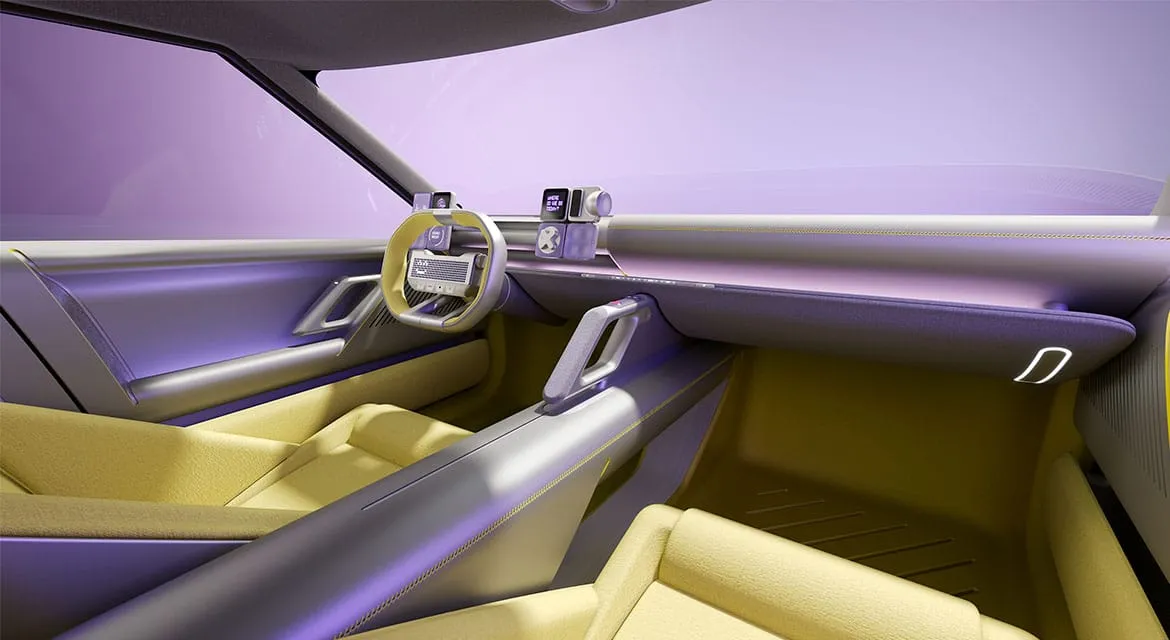
The design of the Concept THREE is a highlight of Hyundai's forward-thinking approach to electric vehicles. Featuring an aero hatch profile with a vertical tailgate, it combines aerodynamic efficiency with practical storage solutions, making it ideal for urban dwellers who need versatility in a compact package. The Parametric Pixel lighting, a signature Hyundai element, adorns both the front and rear, providing a modern, tech-savvy appearance that stands out in city traffic. This lighting technology not only enhances visibility but also adds a dynamic visual appeal, with customizable patterns that can reflect the driver's mood or the time of day.
The exterior finish features an anodized-effect treatment, giving the car a premium, metallic sheen that catches the light beautifully. Paired with lemon-tinted glass, which offers a subtle yellow hue for a fresh look, and matching wheels that echo the overall color scheme, the Concept THREE exudes a cohesive and stylish vibe. These design choices are not just aesthetic; they contribute to the vehicle's aerodynamics, potentially improving range and energy efficiency. In the context of Europe's compact car market, where style and sustainability go hand in hand, the Concept THREE's design is poised to attract a wide audience.
Furthermore, the integration of these elements reflects Hyundai's Parametric Pixel philosophy, which has been evolving across their lineup. The vertical tailgate, in particular, addresses a common pain point in compact EVs by offering easier access to the cargo area without compromising the sleek profile. As EV adoption grows, designs like this will play a crucial role in making electric cars more appealing to first-time buyers who prioritize both form and function.
Dimensions and Specifications of the Concept THREE
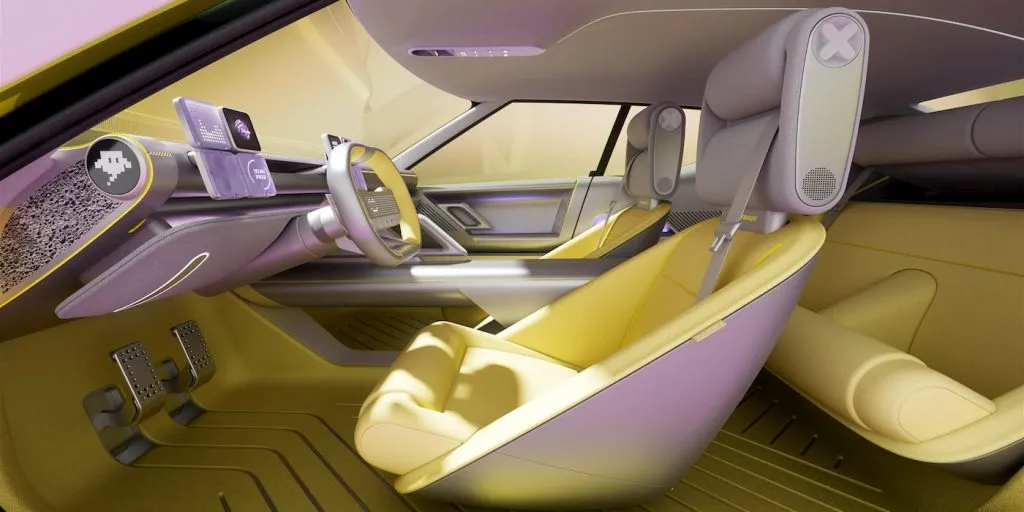
Dimensionally, the Hyundai Concept THREE measures 4,287mm in length, 1,940mm in width, 1,428mm in height, and boasts a 2,722mm wheelbase. These proportions make it perfectly suited for navigating narrow European streets while providing ample interior space for passengers. The length positions it in the compact segment, comparable to popular models like the Volkswagen ID.3 or Renault Zoe, but with Hyundai's distinctive styling. The width and height ensure a stable stance without feeling bulky, ideal for parking in tight urban spots.
The extended wheelbase of 2,722mm is noteworthy, as it suggests a spacious cabin despite the compact exterior. This could translate to comfortable seating for four adults and sufficient legroom, addressing one of the criticisms often leveled at small EVs. While specific details on battery size, range, and powertrain are yet to be revealed, the concept's design hints at a front-wheel-drive setup with a single electric motor, optimized for efficiency in city driving. Hyundai's experience with the Ioniq series suggests that the production version could offer a competitive range of around 300-400 km on a single charge, making it practical for daily commutes.
In terms of build quality, the anodized-effect finish and lemon-tinted glass not only enhance aesthetics but also potentially improve thermal efficiency by reducing heat ingress. The matching wheels, likely lightweight alloys, contribute to better handling and reduced unsprung weight, which is crucial for EV performance. As Hyundai refines this concept for production, these dimensions will likely remain similar, ensuring the final model retains its city-friendly footprint while delivering on comfort and technology.
Hyundai’s Electrification Roadmap and Global Strategy
Hyundai's unveiling of the Concept THREE is embedded within a comprehensive electrification roadmap that sees the company launching an electrified version of every model in Europe by 2027. This aggressive timeline reflects Hyundai's response to stringent EU emissions regulations and the shifting consumer landscape towards zero-emission vehicles. By 2030, Hyundai plans to introduce 21 EVs globally, expanding its Ioniq lineup to cover various segments from compact to full-size SUVs. The Ioniq sub-brand has already proven successful with models like the Ioniq 5 N, and the Concept THREE will further solidify Hyundai's position in the compact EV niche.
Europe remains a cornerstone of this strategy, with nearly 80 percent of Hyundai's regional sales produced at local plants in the Czech Republic and Turkey. This localization not only reduces logistics costs but also ensures compliance with regional standards and faster time-to-market. The Concept THREE's development is tailored to European preferences, emphasizing compact size, advanced safety features, and connectivity options that resonate with tech-savvy urbanites. As part of this broader plan, Hyundai is investing heavily in battery technology, aiming for faster charging times and longer ranges across its EV portfolio.
Globally, Hyundai's EV ambitions extend beyond Europe, with plans to penetrate markets in North America, Asia, and emerging economies. The company's partnership with Kia and investments in solid-state batteries underscore its long-term vision for sustainable mobility. The Concept THREE, as the first compact EV under Ioniq, could pave the way for affordable entry-level models, potentially priced under 30,000 euros to compete with rivals like the Fiat 500e or Mini Cooper SE. This strategic move is expected to boost Hyundai's market share in the EV segment, which is projected to grow exponentially by 2030.
The IAA Mobility 2025 event provided the perfect platform for this reveal, surrounded by industry leaders and innovators. Hyundai's executives highlighted the Concept THREE as a bridge between current compact cars and future autonomous EVs, incorporating elements like advanced driver-assistance systems (ADAS) and over-the-air updates. As the world transitions to electric mobility, Hyundai's focus on diverse EV offerings ensures it meets varied customer needs, from city commuters to long-distance travelers.
In addition to the Concept THREE, Hyundai showcased updates to its existing Ioniq models, teasing enhancements in efficiency and design. The company's commitment to sustainability is evident in its use of recycled materials in the concept's interior and eco-friendly manufacturing processes. This holistic approach not only appeals to environmentally conscious consumers but also aligns with global sustainability goals, positioning Hyundai as a responsible player in the automotive industry.
Looking ahead, the production version of the Concept THREE is anticipated to hit European roads by 2027, potentially expanding to other markets shortly after. With its blend of style, practicality, and performance, this compact EV could become a bestseller, helping Hyundai achieve its 2030 targets. The reveal has sparked discussions on forums and social media, with enthusiasts praising the design and speculating on real-world capabilities.
Hyundai's heavy bet on EVs is paying off, as evidenced by its rising sales figures in key markets. The Concept THREE's introduction signals a new era for compact electric cars, where affordability meets innovation. As the industry evolves, Hyundai continues to lead with concepts that push boundaries, ensuring its relevance in a electrified future.
Comment / Reply From
No comments yet. Be the first to comment!
